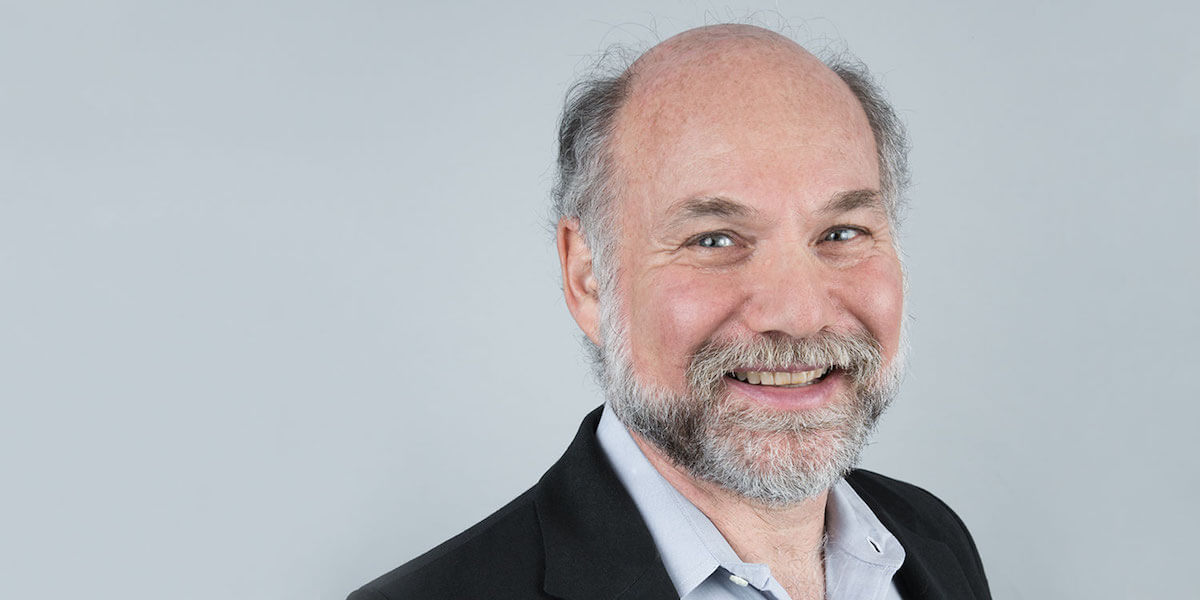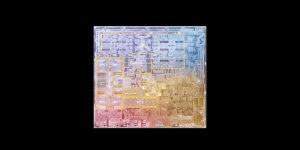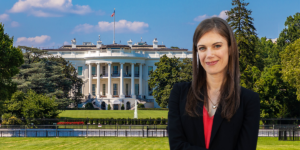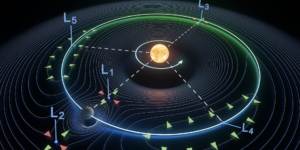
Dr. Carl Kesselman, Dean’s Professor in the Daniel J. Epstein Department of Industrial and Systems Engineering, professor of Computer Science and Preventative Medicine at Keck School of Medicine and USC Information Sciences Institute Fellow.
Dr. Carl Kesselman, pioneer of grid computing, has been recognized with the 2020 Harry H. Goode Memorial Award from the Institute of Electrical and Electronics Engineers (IEEE). Kesselman received the award with Dr. Ian T. Foster, Arthur Holly Compton Distinguished Service Professor of Computer Science at the University of Chicago and director of the Data Science and Learning Division at Argonne National Laboratory.
Kesselman is a Dean’s Professor in the USC Viterbi School of Engineering Daniel J. Epstein Department of Industrial and Systems Engineering and a professor of Computer Science and Preventative Medicine at Keck School of Medicine. He is a USC Information Sciences Institute Fellow, where he directs the Informatics Systems Research Division, and the Director of the Center of Excellence for Discovery Informatics in the Michelson Center for Convergent Biosciences. He will receive the bronze medal with Foster at the IEEE’s annual awards dinner in McLean, Virginia, on May 27, 2020. The honor recognizes Kesselman and Foster’s “sustained contributions to high-performance computing and distributed systems at the highest level.”
The IEEE’s Goode Award is given to individuals for achievements in the information processing field, whether a single contribution of theory, design, or technique of outstanding significance, or the accumulation of important contributions throughout their career. Kesselman and Foster join a distinguished list of computer scientists and engineers including the creators of the first electronic digital computers, the Internet, and pioneers in integrated circuit design.
Kesselman said he was honored to be recognized by the IEEE.
“I’ve always been excited about our research and its contributions to other scientific results across many disciplines,” he said. “I’m a second generation IEEE member and recognition for this work by my peers is incredibly gratifying.”
Kesselman joined USC in 1997. The Globus software that he co-invented with Foster and Steve Tuecke is widely used in national and international cyberinfrastructure and science projects. His current research focuses on creating sociotechnical systems that leverage distributed and data-centered computing to accelerate discovery by collaborative teams solving societally important problems.
Kesselman is a Fellow of the Association for Computing Machinery and British Computing Society. His previous honors include the Lovelace Medal from the British Computing Society and an honorary doctorate from the University of Amsterdam.
Kesselman received his PhD in Computer Science from the University of California, Los Angeles, a Master of Science in Electrical Engineering from the University of Southern California, and a Bachelor of Science in Electrical Engineering from the State University of New York at Buffalo.
Published on March 3rd, 2020
Last updated on May 16th, 2024











